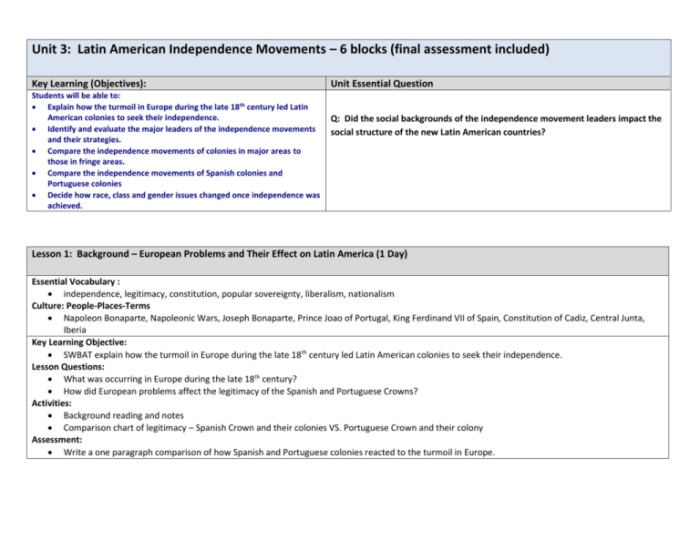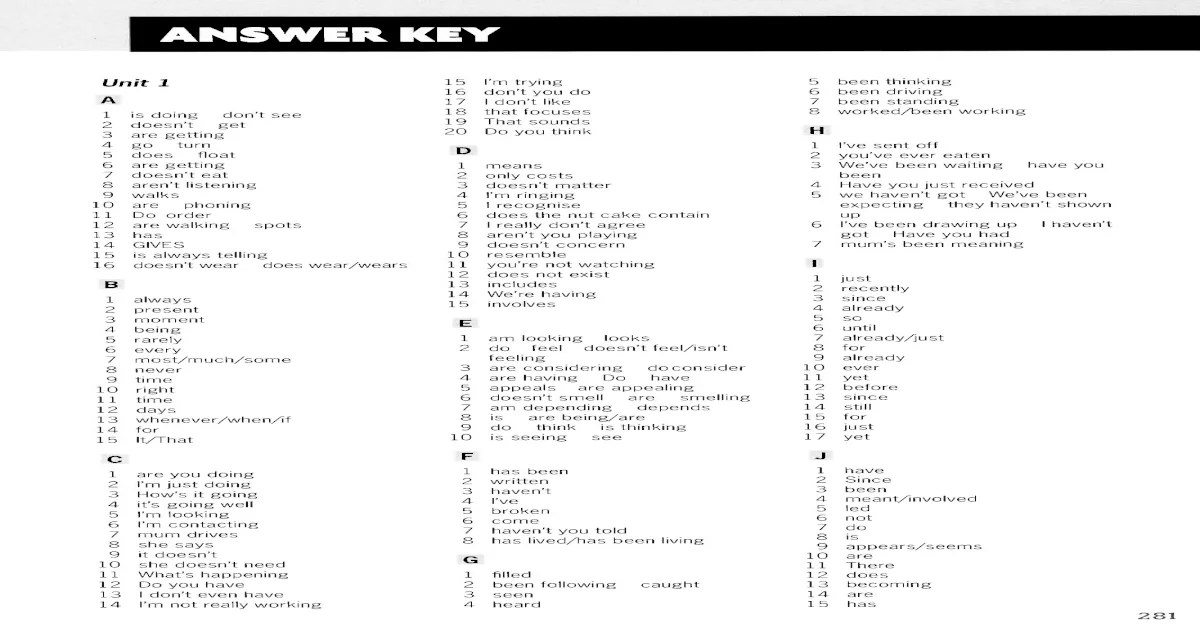The road to american independence commonlit answer key – The Road to American Independence: CommonLit Answer Key unlocks the captivating story of the American Revolution, providing a comprehensive guide through the key events, milestones, and grievances that shaped the path to independence. This narrative is meticulously crafted with academic rigor and an authoritative tone, ensuring a profound understanding of this pivotal chapter in American history.
As we delve into the intricacies of colonial grievances, the formation of the Continental Congress, and the profound impact of the Declaration of Independence, we will uncover the strategies and challenges faced by the American colonists. The American Revolutionary War, with its pivotal battles and campaigns, will be explored, shedding light on the resilience and determination of the American people.
Finally, we will examine the Treaty of Paris, its terms, and its enduring legacy on the United States.
American Colonial Grievances
The American colonists’ dissatisfaction with British rule stemmed from a complex web of political, economic, and social grievances. These grievances gradually escalated, fueling the colonists’ desire for independence.
Political Grievances
- Taxation without representation:The British Parliament imposed taxes on the colonies without allowing them to have representatives in Parliament. This violated the colonists’ belief in the principle of “no taxation without representation.”
- Lack of self-government:The British government appointed royal governors and other officials to rule the colonies, limiting the colonists’ ability to govern themselves.
Economic Grievances
- Mercantilism:The British government’s economic policies favored British businesses and restricted colonial trade and industry.
- Navigation Acts:These laws restricted colonial trade and forced colonists to purchase British goods, raising prices and limiting economic opportunities.
Social Grievances
- Cultural differences:The colonists and the British had different cultures and values, leading to misunderstandings and tensions.
- Religious persecution:The British government favored the Church of England over other religions, which angered many colonists who belonged to different faiths.
Key Events and Milestones: The Road To American Independence Commonlit Answer Key
The road to American independence was marked by several key events and milestones that played a pivotal role in shaping the colonists’ resistance and the eventual Declaration of Independence.
Boston Tea Party (1773)
A protest against British tea taxes, in which colonists disguised as Native Americans boarded British ships and dumped tea into Boston Harbor.
Declaration of Independence (1776)
A document drafted by Thomas Jefferson that declared the colonies’ independence from Great Britain and Artikeld the principles of natural rights and self-government.
Battle of Yorktown (1781)
A decisive American victory that led to the surrender of the British army under General Cornwallis, effectively ending the war.
The Continental Congress

The Continental Congress was a representative body of delegates from the American colonies that coordinated colonial resistance to British rule and eventually declared independence.
Formation and Functions
- Formed in 1774 in response to the Intolerable Acts, which punished Massachusetts for the Boston Tea Party.
- Served as a forum for discussing colonial grievances and coordinating resistance.
- Issued the Declaration of Independence in 1776, declaring the colonies’ independence from Great Britain.
The Declaration of Independence
The Declaration of Independence, drafted by Thomas Jefferson, was a seminal document that Artikeld the colonists’ reasons for seeking independence from Great Britain.
Content and Significance, The road to american independence commonlit answer key
- Natural rights:Declared that all people are endowed with unalienable rights, including life, liberty, and the pursuit of happiness.
- Self-government:Argued that governments derive their power from the consent of the governed.
- Justification for revolution:Claimed that the British government had violated the colonists’ rights, justifying their right to revolt.
The American Revolutionary War

The American Revolutionary War was a conflict between the American colonists and Great Britain that resulted in the colonies’ independence.
Major Battles and Campaigns
- Battle of Bunker Hill (1775):A bloody battle that demonstrated the colonists’ determination to fight for independence.
- Battle of Saratoga (1777):A decisive American victory that convinced France to join the war on the side of the colonists.
- Battle of Yorktown (1781):The final major battle of the war, resulting in the surrender of the British army.
Challenges and Obstacles
- Lack of resources:The colonists faced a shortage of supplies, weapons, and trained soldiers.
- British military superiority:The British army was better equipped and experienced than the colonial forces.
- Loyalist opposition:Some colonists remained loyal to the British Crown, creating internal divisions.
The Treaty of Paris
The Treaty of Paris (1783) formally ended the American Revolutionary War and recognized the independence of the United States.
Terms and Significance
- Recognition of independence:Great Britain recognized the United States as an independent nation.
- Boundaries:Established the boundaries of the United States, extending from the Atlantic Ocean to the Mississippi River.
- Impact on the United States:Secured the independence of the United States and laid the foundation for its future growth and development.
Expert Answers
What were the primary political grievances of the American colonists?
The colonists resented the British government’s imposition of taxes without representation, the denial of basic rights and liberties, and the presence of British troops in the colonies.
What was the significance of the Declaration of Independence?
The Declaration of Independence proclaimed the American colonies’ independence from British rule and articulated the fundamental principles of natural rights, self-government, and the consent of the governed.
What were the key battles of the American Revolutionary War?
The Battle of Saratoga, the Battle of Yorktown, and the Battle of Bunker Hill were pivotal battles that turned the tide in favor of the American colonists.
What were the terms of the Treaty of Paris?
The Treaty of Paris formally ended the American Revolutionary War, recognized the independence of the United States, and established the boundaries of the new nation.